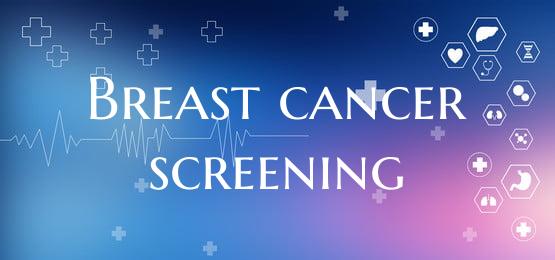
Breast cancer screening
Breast cancer screening is a crucial aspect of women's healthcare, aimed at detecting breast cancer at an early and treatable stage. Screening methods typically include mammograms, clinical breast exams, and breast self-exams.
Mammograms, which are low-dose X-ray images of the breast, are the most common screening tool for breast cancer. Women are advised to start regular mammograms at around age 40 or as recommended by their healthcare provider. Mammograms can detect abnormalities such as lumps or tumors that may indicate the presence of cancer.
Clinical breast exams are physical examinations conducted by healthcare professionals, who look and feel for any abnormalities in the breasts. These exams are recommended to be performed annually for women aged 40 and above.
Breast self-exams involve women examining their own breasts on a regular basis to detect any changes or abnormalities. While not a substitute for mammograms or clinical exams, breast self-exams can help women become familiar with their breasts and notice any changes that should be brought to the attention of a healthcare provider.
Early detection through screening is essential for improving breast cancer outcomes. Detecting breast cancer at an early stage increases the chances of successful treatment and a better prognosis. It is important for women to discuss their individual risk factors and screening options with their healthcare providers to develop a personalized screening plan. Regular breast cancer screening plays a crucial role in the early detection and treatment of breast cancer, ultimately saving lives.